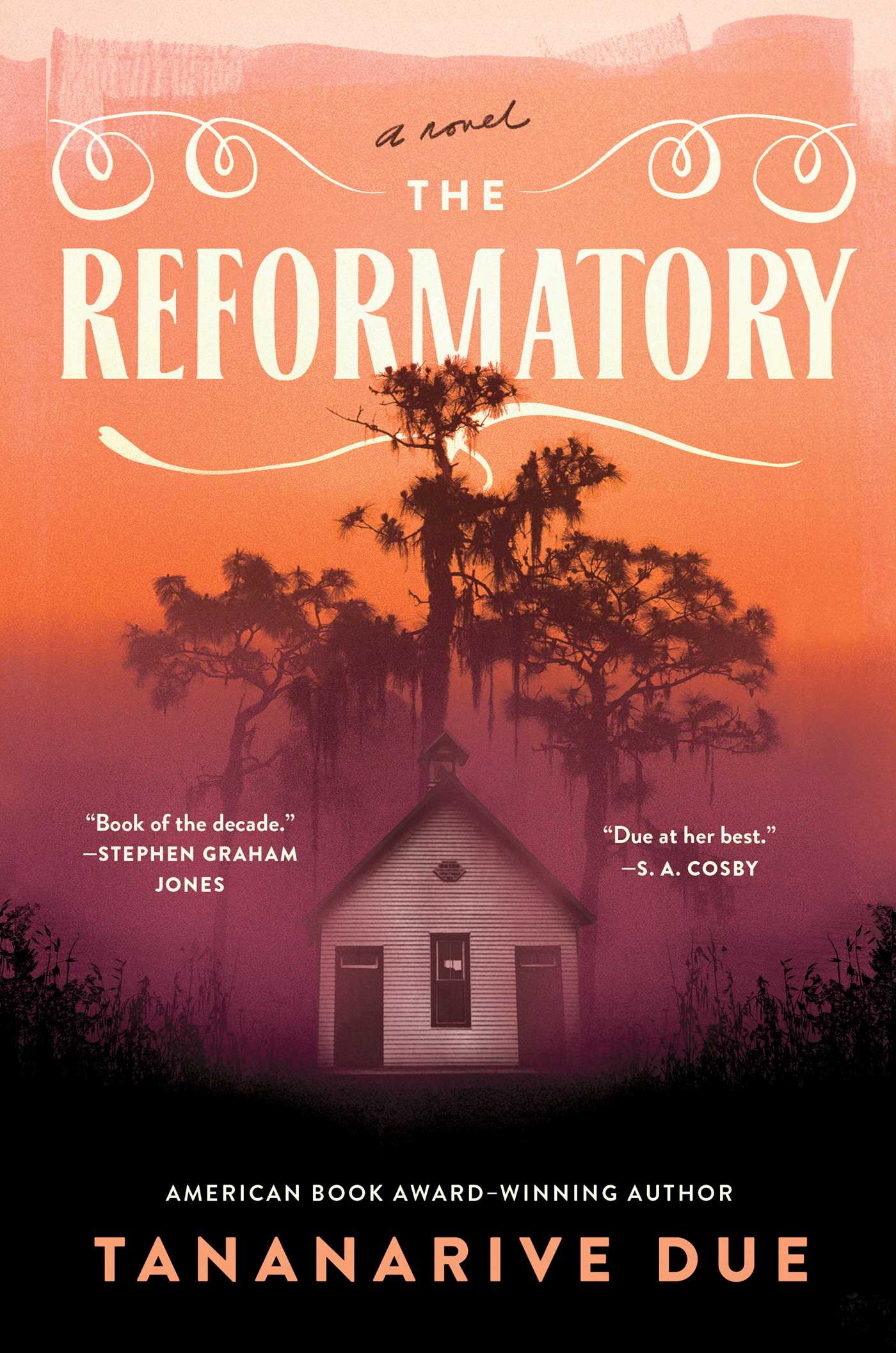
Synopsis:
Gracetown, Florida
June 1950
Twelve-year-old Robbie Stephens, Jr., is sentenced to six months at the Gracetown School for Boys, a reformatory, for kicking the son of the largest landowner in town in defense of his older sister, Gloria. So begins Robbie’s journey further into the terrors of the Jim Crow South and the very real horror of the school they call The Reformatory.
Robbie has a talent for seeing ghosts, or haints. But what was once a comfort to him after the loss of his mother has become a window to the truth of what happens at the reformatory. Boys forced to work to remediate their so-called crimes have gone missing, but the haints Robbie sees hint at worse things. Through his friends Redbone and Blue, Robbie is learning not just the rules but how to survive. Meanwhile, Gloria is rallying every family member and connection in Florida to find a way to get Robbie out before it’s too late.
Review:
It doesn’t happen all that often, but sometimes you read a new book, and almost immediately you know that it’s not only going to be great, but that it is destined to become a classic. That was my experience all the way through Tananarive Due’s newest novel, The Reformatory, a book so assured, so well shaped and beautifully written, that I was never once plagued by worries that the book might fall apart in the end. I just knew.
This is literature.
Now, I’m not interested in debates about terminology, and I have no use for any “literary horror” designations. I’m thinking here of Pound’s assertion that “Literature is news that stays news.” The Reformatory is not just a great horror story filled with great characters, wrapped up in a historical fiction framework. Every sentence of every page speaks to a kind of permanence. This book will last.
Or maybe I’m still just under the spell of this delicious, and deliciously horrifying, novel. It doesn’t matter. Either way, we’re lucky enough to be able to read this book now.
The Reformatory is set in 1950 Florida, in the depths of Jim Crow, and while the book is populated by ghosts aplenty, a girl with psychic gifts, and a psychopathic murderer, it is always that systematic, government-sanctioned horror that underlies everything. Robert and Gloria Stephens have already lost their father, a cvil rights organizer, to a rape accusation that sends him fleeing to Chicago, but when a minor scuffle between the siblings and the son of a local white landowner enters the realm of “law and order,” the sense of pervading and inescapable dread closes in like a vice.
Without any charges being brought, Robert is sent to the local boys school, a concentration camp overseen by a sadist who uses his unchecked power over the powerless to feed his own terrifying urges.
What follows is part ghost story, part thriller, part historical fiction exposé (The school is based on the terrifyingly real Dozier School), and part redemption song.
Few times have I felt so fearful to read on, to turn the page, as I was while reading The Reformatory, and few books have managed to wound me with a single sentence the way this one does.
While it wouldn’t be fair to call the language plain (it is often beautifully lyrical, in fact), there is something in the style of reportage to the book. Even when we are so very close to Robert’s thoughts, or while we are waiting impatiently with Gloria for something to happen, there is a kind of stately matter of factness about the prose that gives the impression that these things are happening because they were always going to happen this way, because there is no other way they could happen. In the world of the novel, where–by definition–anything could happen in any combination of ways, this voice is as authoritative as the voice of God.
If The Reformatory really does measure up to the label of capital L Literature, it will be because this story and these character will live on long after the end of the book, and I believe that to be true. But it will also have something to do with the greater horrors and greater purpose of the book.
The Reformatory is an act of remembrance, an author’s yearning for justice, and many of the rules that Robert learns for dealing with ‘haints’ are rules for living in a country so dedicated to devouring its most vulnerable, to eating its young. One of those rules is that haints can’t resist hearing their names called, and The Reformatory is itself such a cry, reminding us always and forever that we must Say Their Names.








Leave a Reply